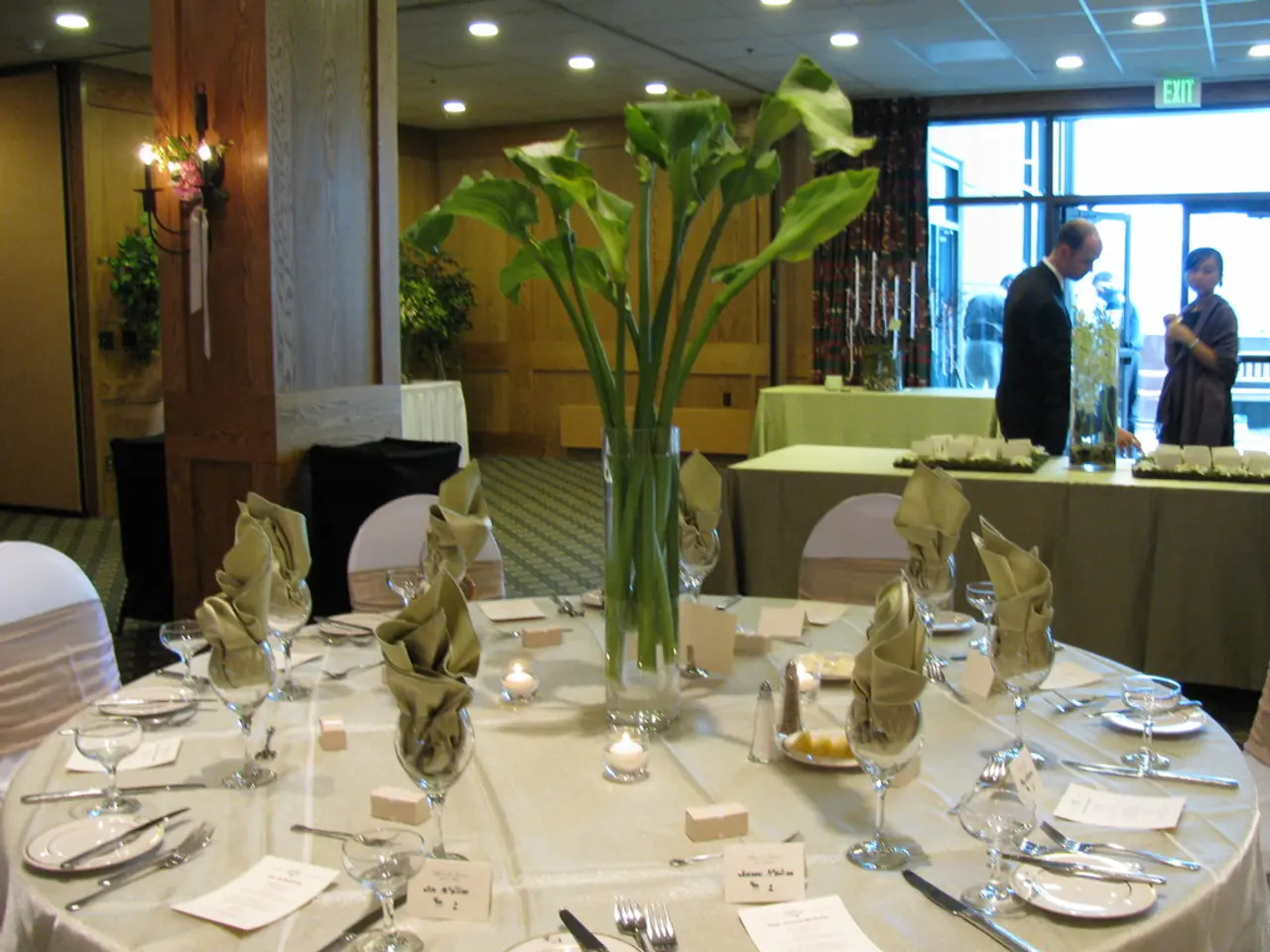Current Events at Lake Garda
Lake Garda, one of Europe's most popular travel destinations, is currently grappling with a decrease in visitors, particularly from Germany. This decline has resulted in economic challenges for the region, with many hotels reporting empty rooms and traditionally bustling areas becoming quieter.
Inflation in Europe has led to a significant increase in prices for accommodations, dining, and leisure activities at Lake Garda. This increase particularly affects families who previously considered it an affordable travel destination and are now opting for cheaper alternatives. According to Virginia Torre, president of the hotel association in Lazise, 70 to 80 percent of accommodations are booked, but the remaining 20 percent stay empty.
The decline in visitors is causing a decrease in retail sales and empty restaurants in the region. Some hotels on Lake Garda now charge up to 30% higher room rates due to inflation, making it less affordable for families and contributing to the decrease in visitors.
The reasons for the decline in tourism at Lake Garda include rising prices, long traffic jams on the Brenner motorway, and a change in travel behavior. Many German tourists, who have historically been the largest group of visitors, are choosing other destinations instead of Lake Garda.
However, there is a difference in perspective between the actors in the region. While some express concern about the current situation, others express cautious optimism. For instance, Alberto Granzotto, president of FAITA FederCamping, mentions that unstable weather has affected bookings but forecasts for the rest of the season remain positive.
The crisis at Lake Garda is seen as an opportunity for sustainable changes by some, such as Luigi Lazzaro from Legambiente Veneto. He emphasizes the need for a radical change in how tourism is organized at Lake Garda due to the threat to the ecological balance and the quality of life of residents. There is growing pressure to develop sustainable tourism concepts to keep the region attractive in the long term.
In response to the changing market dynamics, the region is seeing a tourism shift with fewer German and Italian guests, more visitors from Northern Europe who spend less, and overall lower tourism revenues. German tourists visit Lake Garda less frequently in 2025 mainly due to high prices, long travel times, and economic pressures reducing their spending power. Many who do come spend less, often opting for camping rather than hotels or dining out lavishly.
A family dinner at Lake Garda now often costs twice as much as it did a few years ago, adding to the financial strain for many families. The tourism industry at Lake Garda is facing new challenges due to the falling visitor numbers, and the region is at a crossroads, as the decline in tourism is having a significant impact on the local economy.
Read also:
- Understanding Hemorrhagic Gastroenteritis: Key Facts
- Stopping Osteoporosis Treatment: Timeline Considerations
- Trump's Policies: Tariffs, AI, Surveillance, and Possible Martial Law
- Expanded Community Health Involvement by CK Birla Hospitals, Jaipur, Maintained Through Consistent Outreach Programs Across Rajasthan







